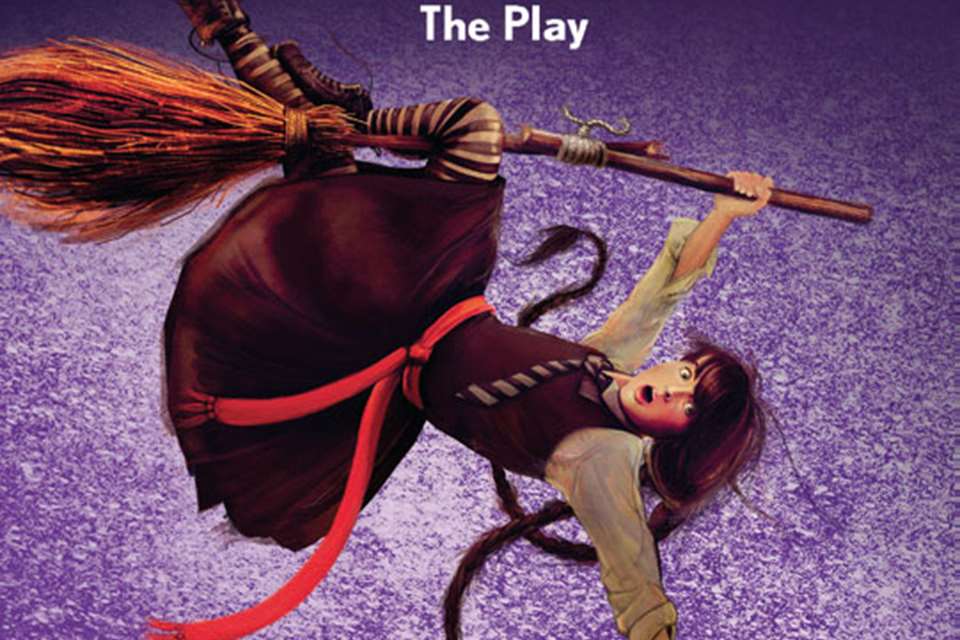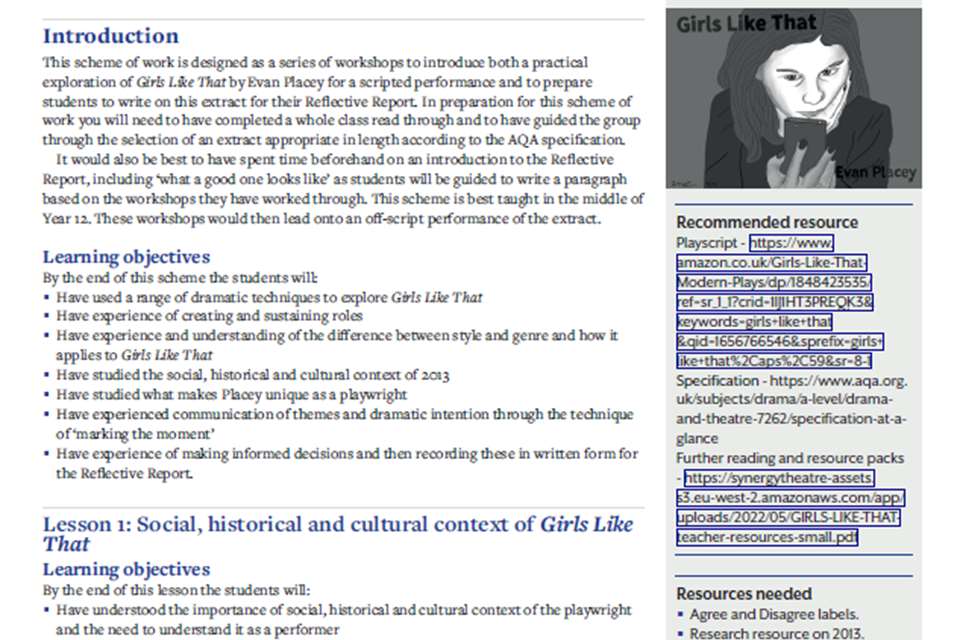The Methuen Drama Book of Contemporary Japanese Plays
Alicia Pope
Saturday, October 1, 2022
'A unique collection of promising Japanese texts you can bring to the classroom'

Published in conjunction with the Japan Foundation, this selection of plays includes five texts by some of Japan's most creative writers of contemporary theatre. The Japan Foundation encourages international cultural exchange through Japanese language and culture. In the performing arts arena specifically, it aims to introduce a variety of Japanese performing arts including Noh, Kyogen, Bunraku and Kabuki to countries around the world.
This collection features the best works of five early to mid-career playwrights of Generation X. Each play begins with an introduction to the playwright and the play, offering useful context. The play from the collection that could be engaged with most in the drama studio is Satoko Ichihara's The Bacchae – Holstein Milk Cows.
Satoko Ichihara writes and directs plays that deal with human behaviour, the physiology of the body and the discomfort that comes with these knotty subject matters. This reimagining of Euripides’ play focuses on the concept of ‘agon’ in Greek tragedy: the confrontation at the core of the story. The play features a housewife as the protagonist. She is joined by a Beast, a Dog, a Girl, an Unknown Entity and a chorus representing the spirits of Holstein milk cows. In order to create a play set after the collapse of a society created by the Western white man, all the characters are pernicious females.
As an enthusiastic teacher of Greek theatre, this play did not have as much of The Bacchae as I would have liked. However, it still offered a great deal from a teaching perspective, with many monologues accessible for Key Stage 5 study, as well as duologues with a mixture of longer stretches of text and quick-fire exchanges.
The Greek chorus is always a place for interesting exploration in study, and the commentary of the chorus as the spirit of cows would be a further point of interest. The play's LGBTQ+ foundations would be another pertinent opportunity for study in this text.
I found this collection of plays highly engaging. If you or your students have an interest in Japanese culture, the way it has changed and is still evolving, these texts can provide you with some brilliant options.







